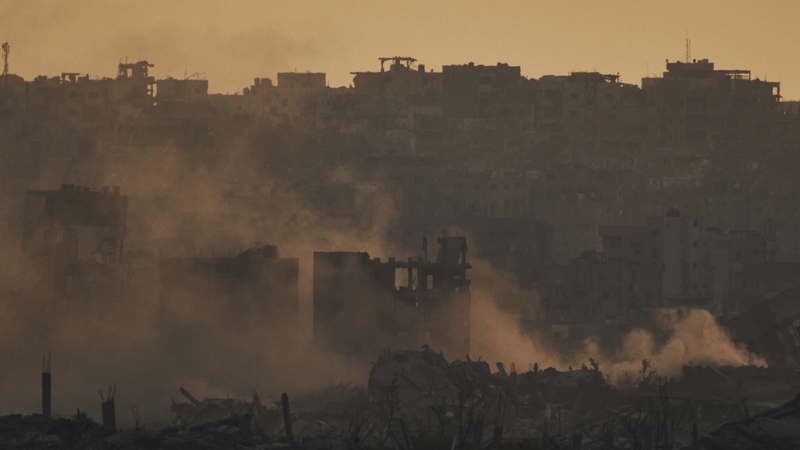Last Wednesday at UN headquarters, the United States exercised its veto power in the United Nations Security Council, blocking a draft resolution calling for an immediate ceasefire in Gaza and the immediate lifting of humanitarian restrictions. The resolution had secured overwhelming support—14 of the 15 council members voted in favor.
Crafted by the 10 elected members of the Security Council, the draft demanded the immediate and unconditional release of all hostages held by Hamas and other groups, along with unimpeded humanitarian corridors to serve Gaza’s more than 2 million residents facing severe shortages of food, water and medicine.
China’s permanent representative to the UN, Fu Cong, voiced deep disappointment:
“The United States has once again abused its veto power, extinguishing the glimmer of hope for the people in Gaza and ruthlessly continuing to leave over 2 million people in darkness.”
British UN Ambassador Barbara Woodward argued that the current situation is unacceptable, noting:
“Palestinians desperate to feed their families have been killed as they try to reach the very few aid sites permitted by Israel. This is inhumane.”
She also urged immediate and independent investigations into these incidents and called on Israel to end its restrictions on aid delivery.
Algeria’s UN Ambassador Amar Bendjama described the veto as “a mirror reflecting the agony of multilateralism, and an urgent need to revive it.”
Meanwhile, Pakistan’s UN Ambassador Asim Iftikhar Ahmad lamented the council’s failure:
“The lives of over 2 million Palestinians are treated as dispensable. This will remain not only a moral stain on the conscience of this council, but a fateful moment of political abdication that will reverberate for generations.”
Why it matters: The U.S. veto highlights a core challenge in international diplomacy—when a single permanent member blocks a near-unanimous vote, vital humanitarian measures can be stalled at the expense of millions.
What’s next: With the draft resolution sidelined, NGOs and UN agencies must pivot to bilateral talks to open aid corridors. At the same time, global advocacy networks are mobilizing online under hashtags like #GazaCeasefire and #HumanitarianAid to keep pressure on decision-makers.
For globally minded young readers, this veto is a stark reminder that international policy shapes real-world lives. Stay tuned for our coverage of grassroots initiatives, policy updates and on-the-ground developments in Gaza.
Reference(s):
U.S. vetoes UNSC draft resolution demanding immediate Gaza ceasefire
cgtn.com



